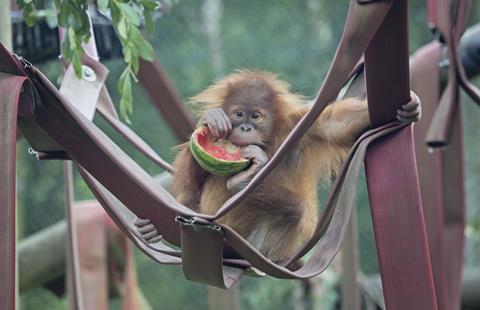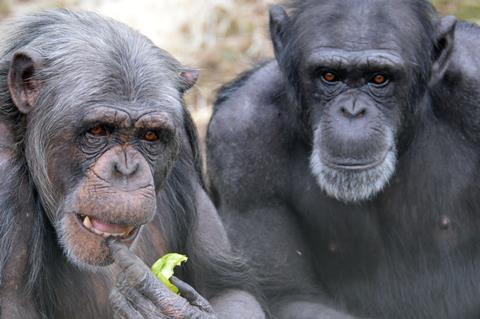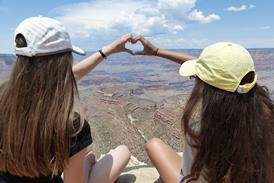The Ape Rescue Centre in Dorset has released the course to help teachers and students at Key Stages 1-3 learn from home.

There are powerpoint slides, handouts, activities and quizzes, as well as a glossary and suggested reading to accompany the course on Monkey World’s website.
The education team are also hosting interactive social media lessons each Monday on Facebook at 11am and a Zoom Q&A session on Fridays. Each week there are activities, worksheets and certificates available on completion. Students will learn all about primates including their characteristics, the different families of primates (and how you can tell apes, monkeys and prosimians apart) and their habitats.
They have been sharing some of the students’ work already on their Twitter account:
We love seeing all the work being completed in our primate education course!
— Monkey World Dorset (@MWApeRescue) 19 May 2020
Here is Lily's comparison of equines and primates, and Isaac's comparison of felines and primates- great work & beautifully presented!
The course is available for free here : https://t.co/axCuJzaX2z pic.twitter.com/A6oYZjnSGs
So many of your little monkeys have sent in their wonderful work, undertaken from our primate education course!
— Monkey World Dorset (@MWApeRescue) 18 May 2020
Here are Alice, Maeve, Callum and Zak's invented primates!
Great work guys! Visit the Learning Resources page of the website for the course so far! pic.twitter.com/pJF6PCK49l
Worksheets are available for Key Stages 1, 2 and 3 providing a range of activities for children such as writing down the differences and similarities they can see when looking at lemurs compared to monkeys and apes.
In addition, the centre has been posting videos of some of its inhabitants and the work continuing behind the scenes.
About Monkey World
The rescue centre is a 65-acre park in the heart of the Dorset countryside. It’s home to more than 250 rescued monkeys and 20 different species of apes. There are currently 54 chimpanzees at Monkey World, in four different social groups and the centre has rescued chimps from several countries over the years including Spain, Greece, Austria and Turkey.

It is currently closed but usually offers a range of talks, tours and workshops for education groups with sessions delivered both in its on-site classroom facilities as well as around the park, bringing the learning to life with the rescued primates.
For more information about the centre, including the resources it has made available, visit: https://monkeyworld.org/










